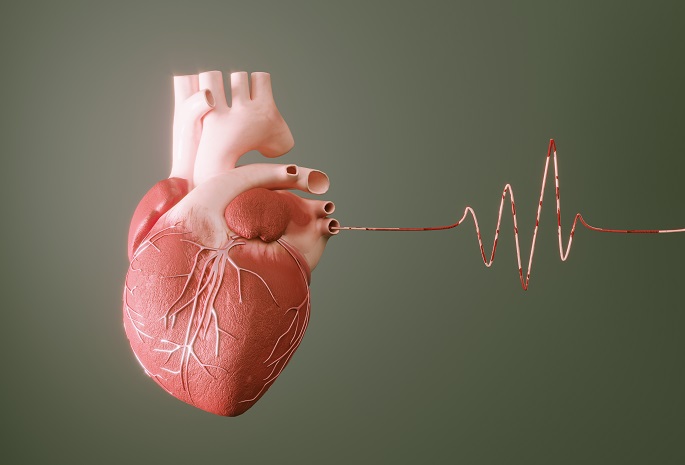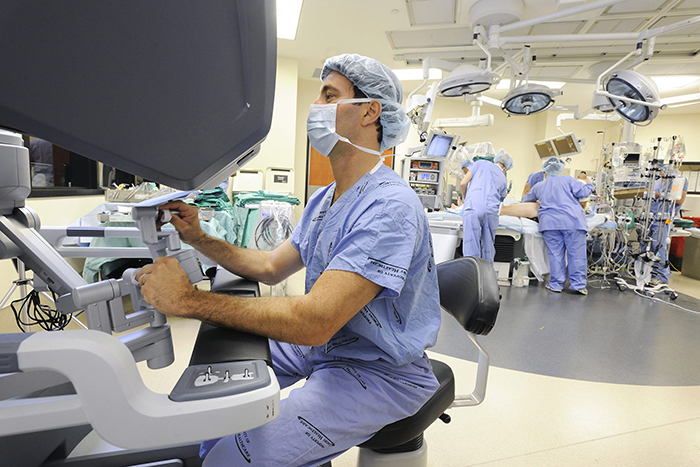John Plageman figured they were just symptoms of age. Sure, he was feeling some numbness in his left hand and some slight chest pain, the latter of which he chalked up to indigestion. And he couldn’t even walk to the mailbox anymore without having to stop and catch his breath. But didn’t this happen to everyone once they reached their 60s?
“I’m 67 years old, and I was thinking that this was just part of me getting older,” says Plageman, a Griffin resident.
Then his supervisor at his accounting firm suffered a heart attack after displaying the exact same symptoms, leading Plageman to consult with his cardiologist. Tests revealed his problem wasn’t due to age, but a blockage of his heart’s aortic valve that needed to be addressed immediately. Plageman was referred to Emory for a procedure with an unfamiliar name – TAVR.
“I’d never heard of it before,” Plageman says.
He wasn’t alone. TAVR – short for transcatheter aortic valve replacement and pronounced “ta-ver” – was initially used only for high-risk, elderly patients who were unable to withstand open-heart surgery.
But thanks to a series of clinical trials at the Structural Heart & Valve Center at Emory Healthcare, which has pioneered the development of the procedure, TAVR was approved for use in lower-risk patients by the FDA in 2019, making the treatment available to the broader public.
For patients like Plageman, that meant a minimally invasive procedure, the ability to leave the hospital the next day, and a quick return to normal activities – as opposed to open-heart surgery, days in the hospital and weeks of recovery.
“When they explained the TAVR to me, I was very excited, because I knew my recovery time was going to be much less,” Plageman says. “And I was also excited that this was going to help other patients in the future.”
Vasilis Babaliaros, MD, an interventional cardiologist who is co-director of the Emory Structural Heart & Valve Center, calls the development of TAVR a “huge milestone” in the treatment of heart valve disease. “These treatments lend themselves extremely well to younger patients,” he adds.




